Designing a Workshop to Address Cross-Cultural Differences
VerifiedAdded on 2023/04/21
|26
|1679
|251
Project
AI Summary
This project outlines the design of a cross-cultural workshop aimed at fostering understanding and managing differences between Australian and Chinese business leaders and their subordinates. The workshop, to be held in Melbourne, involves 100 participants from various cities in Australia and China. Its objectives include analyzing cultural issues, applying strategies based on the Hofstede model, and developing leadership skills. The workshop will cover topics such as language differences, values, and customs, as well as the development of mental models and leadership training. The workshop will utilize various tools like microphones, projectors, and whiteboards, and will involve activities such as registration, presentations, practical exercises, and feedback sessions. Promotion will be done through online and offline channels. The project also details logistics, evaluation methods, and follow-up procedures. The workshop's success will be measured through participant feedback and post-event analysis, aimed at improving future iterations. The project emphasizes the importance of leaders in facilitating successful trade relations and highlights the need for cross-cultural training to navigate potential barriers such as language, values, and beliefs.
1 out of 26
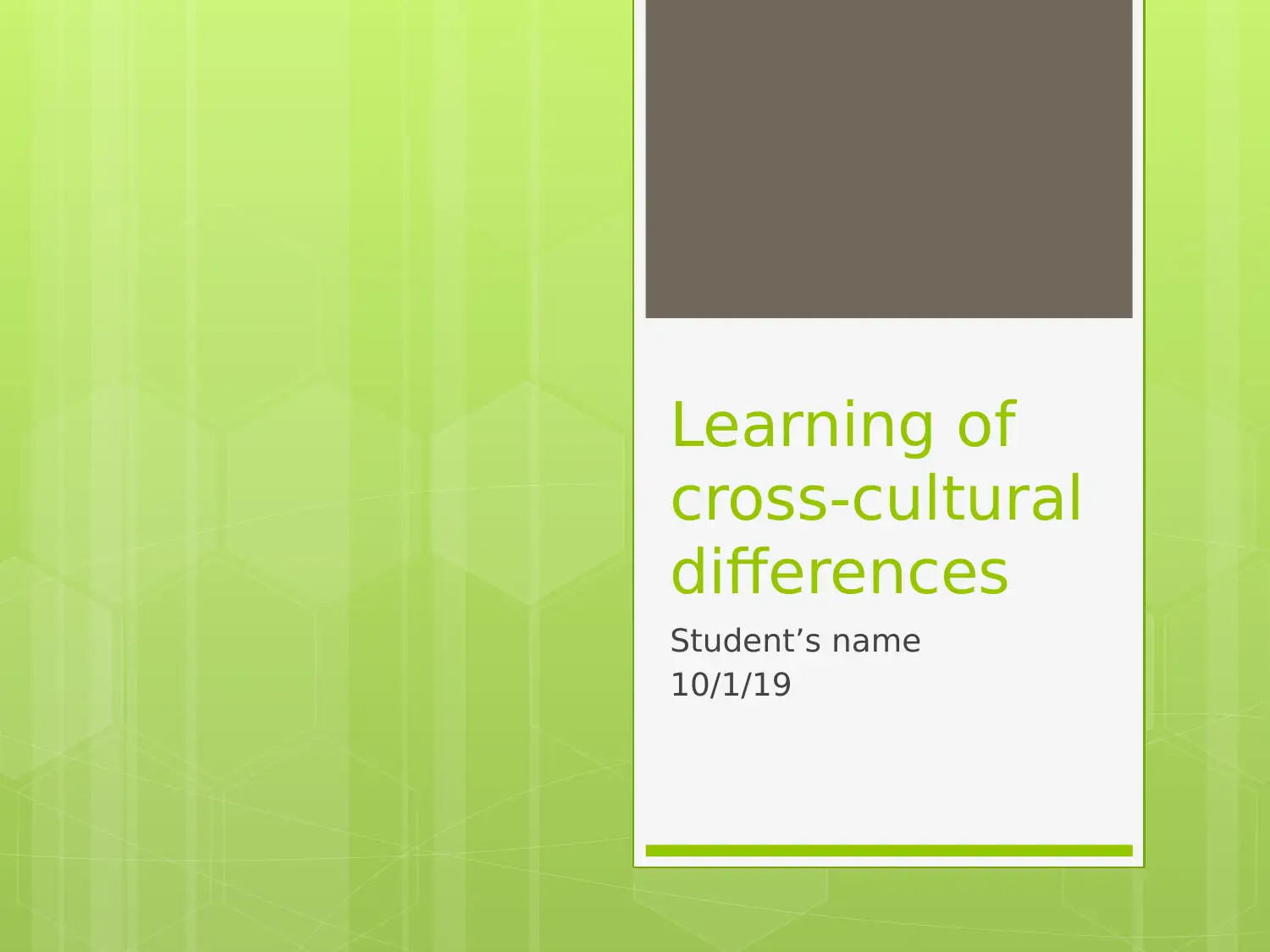
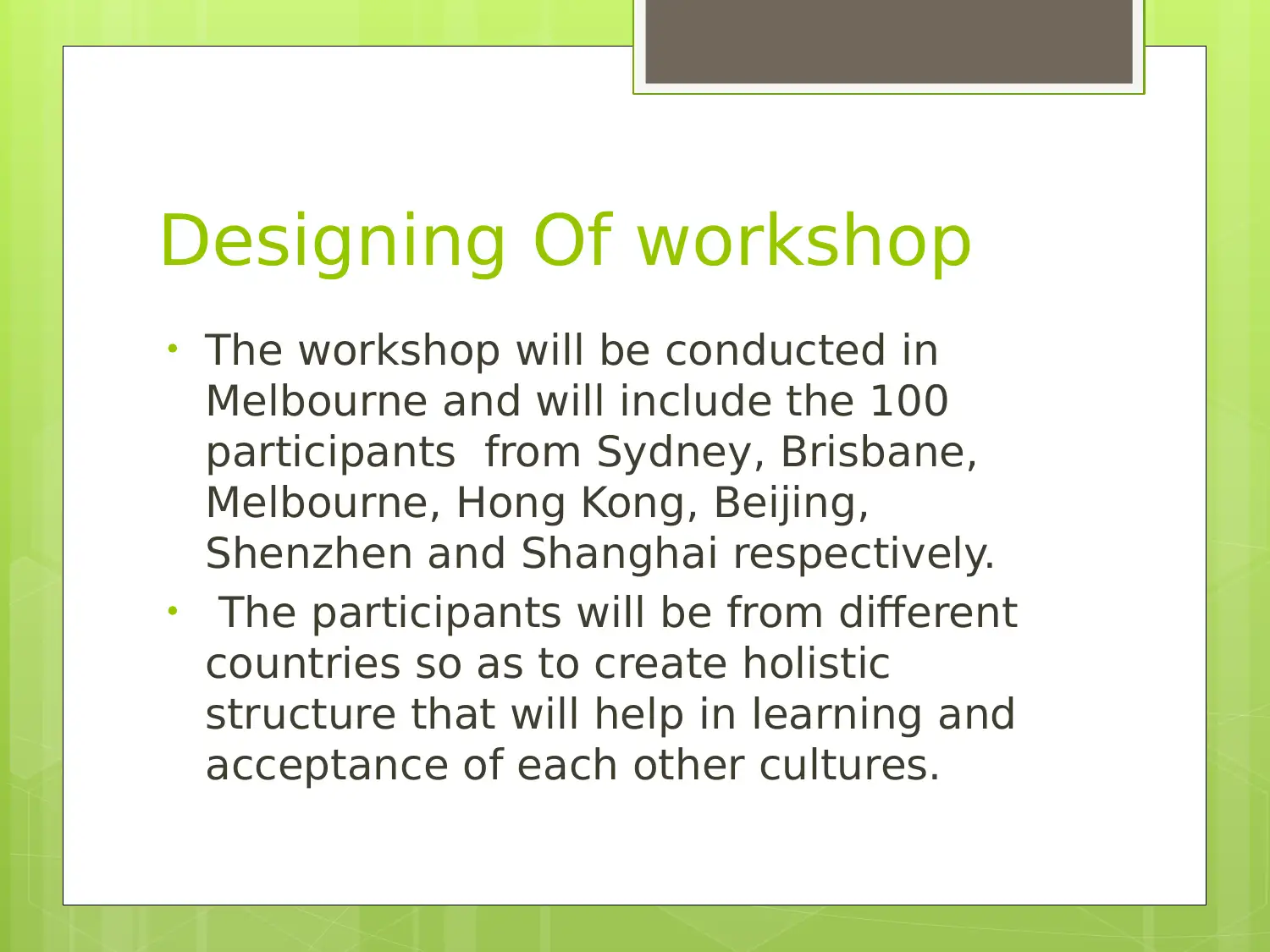
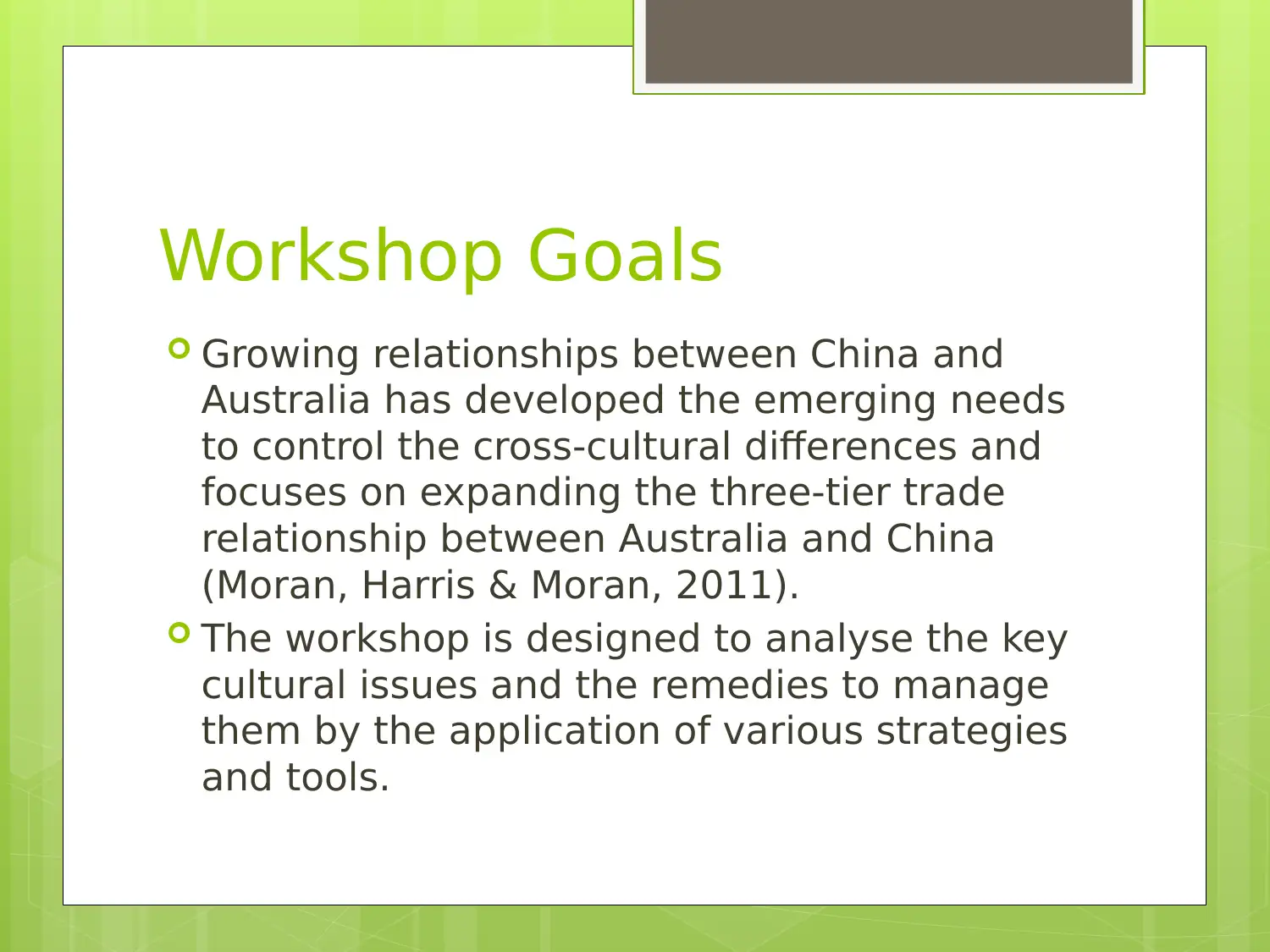


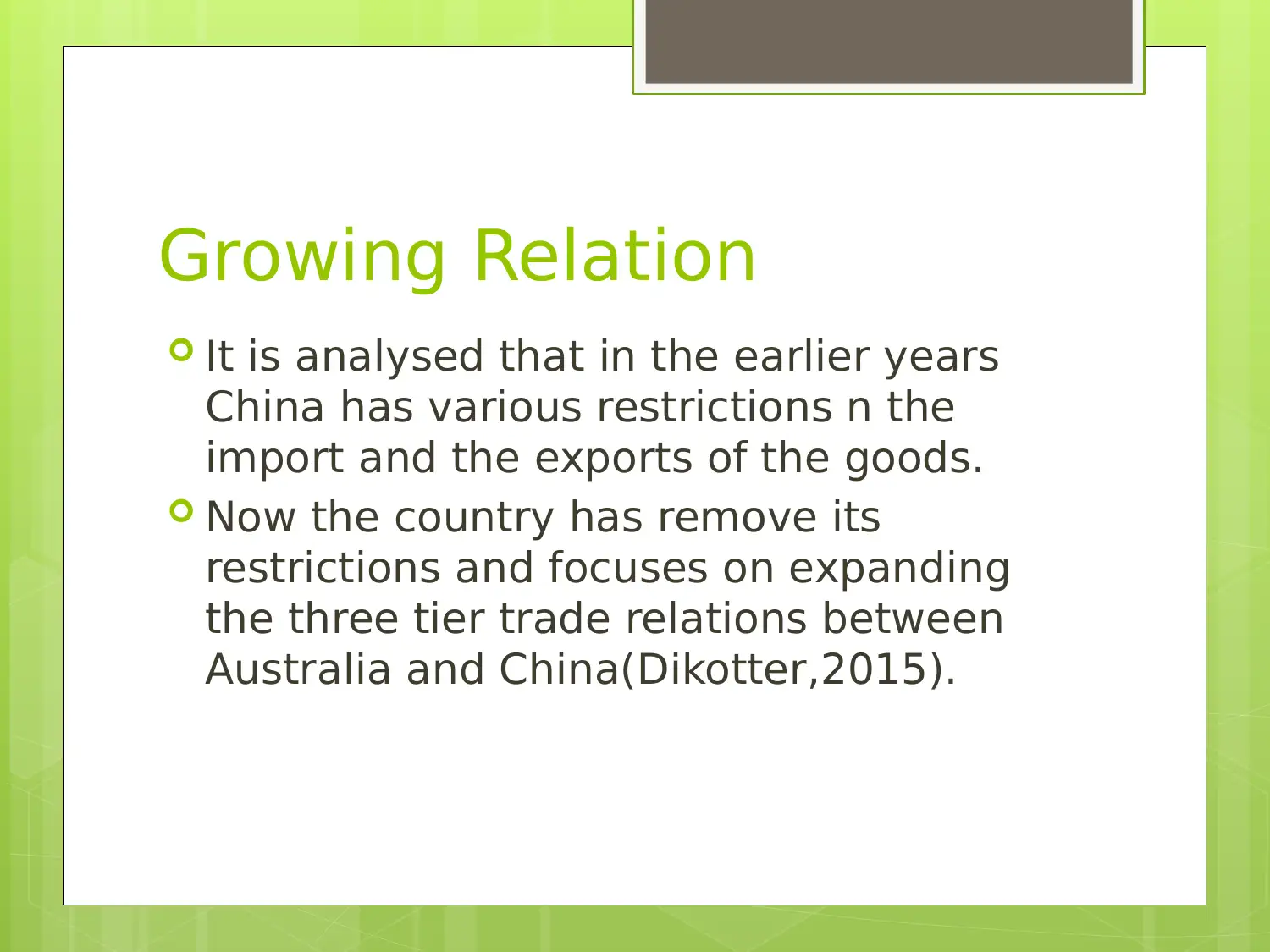
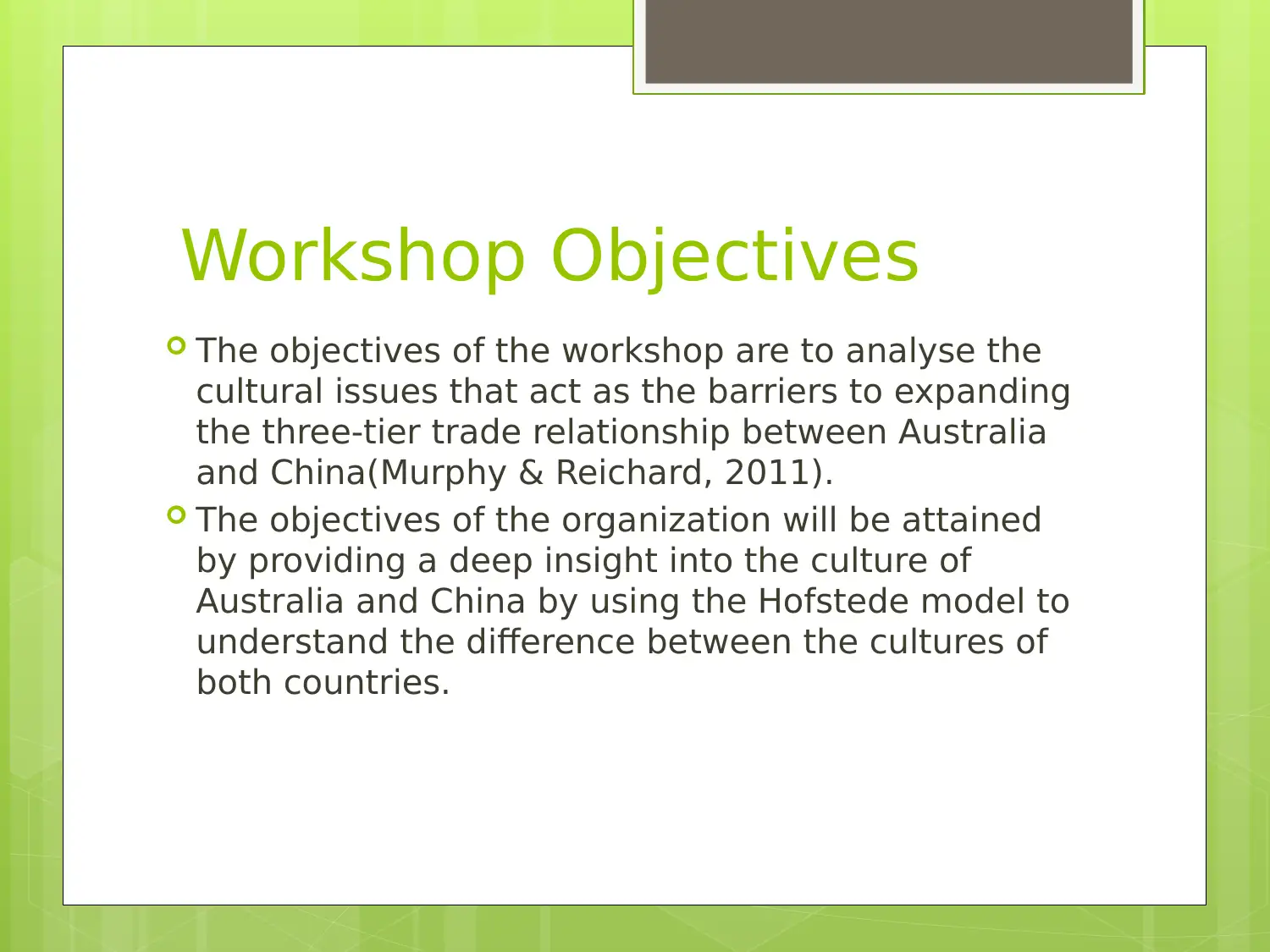
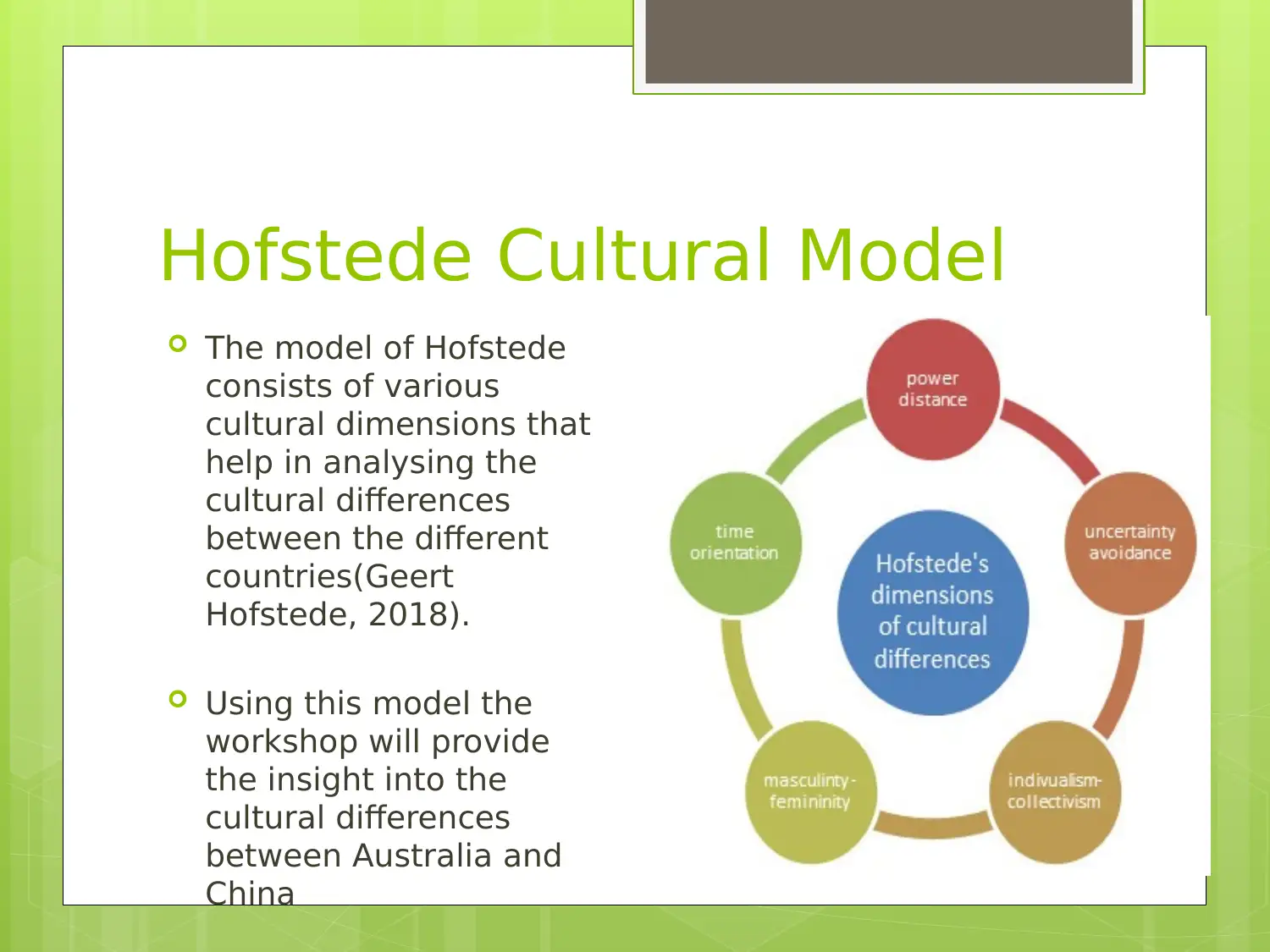
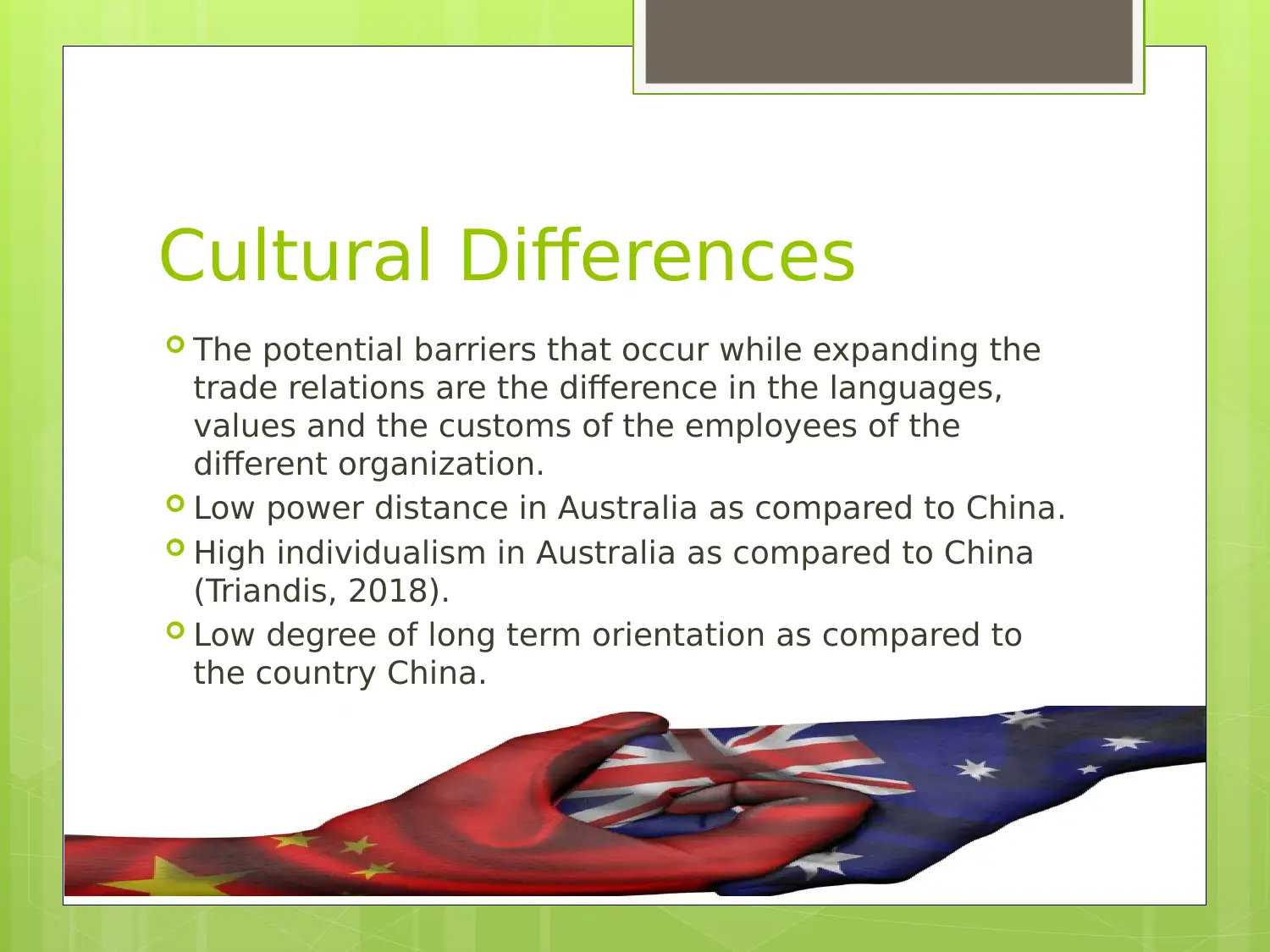
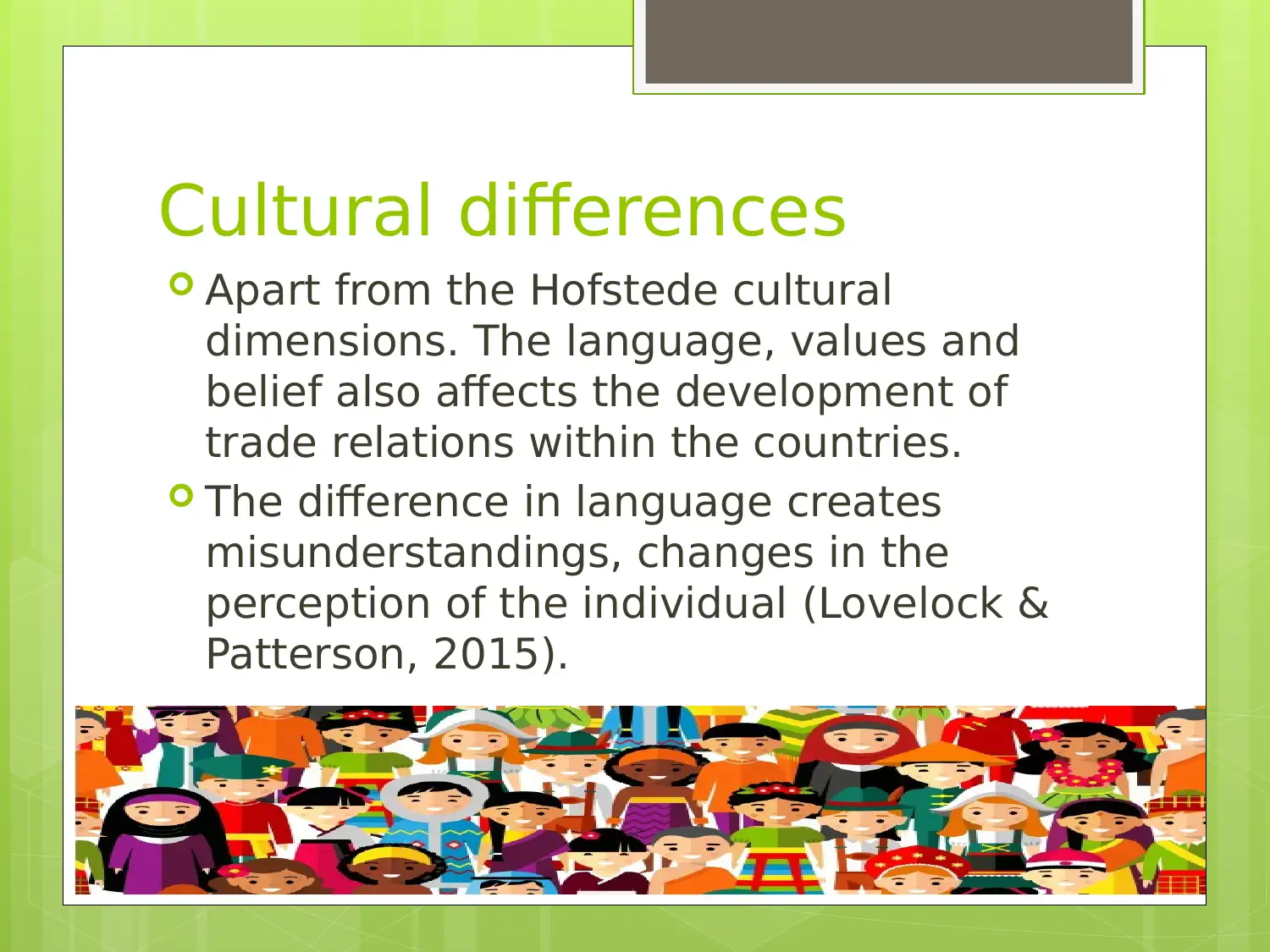
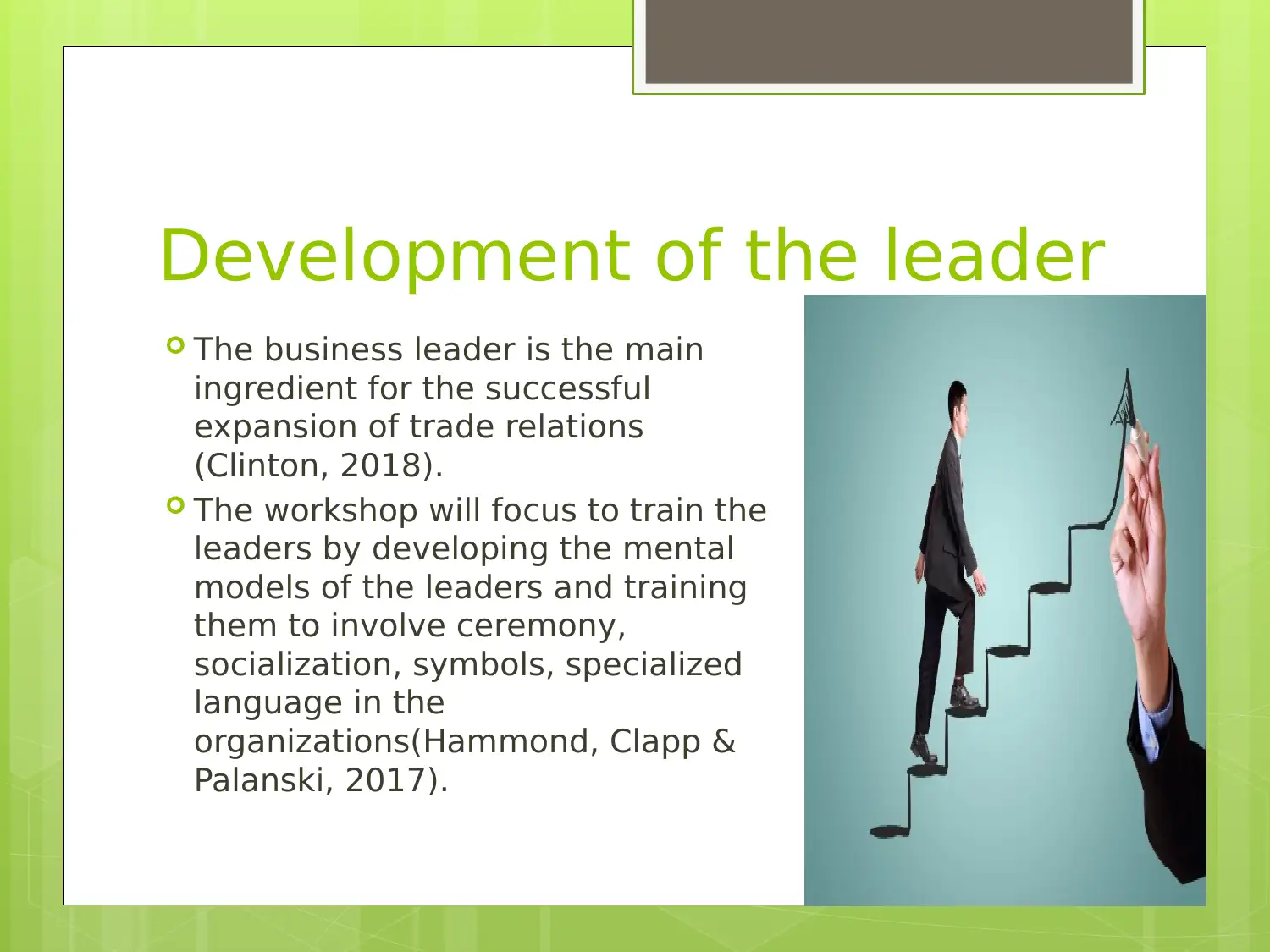
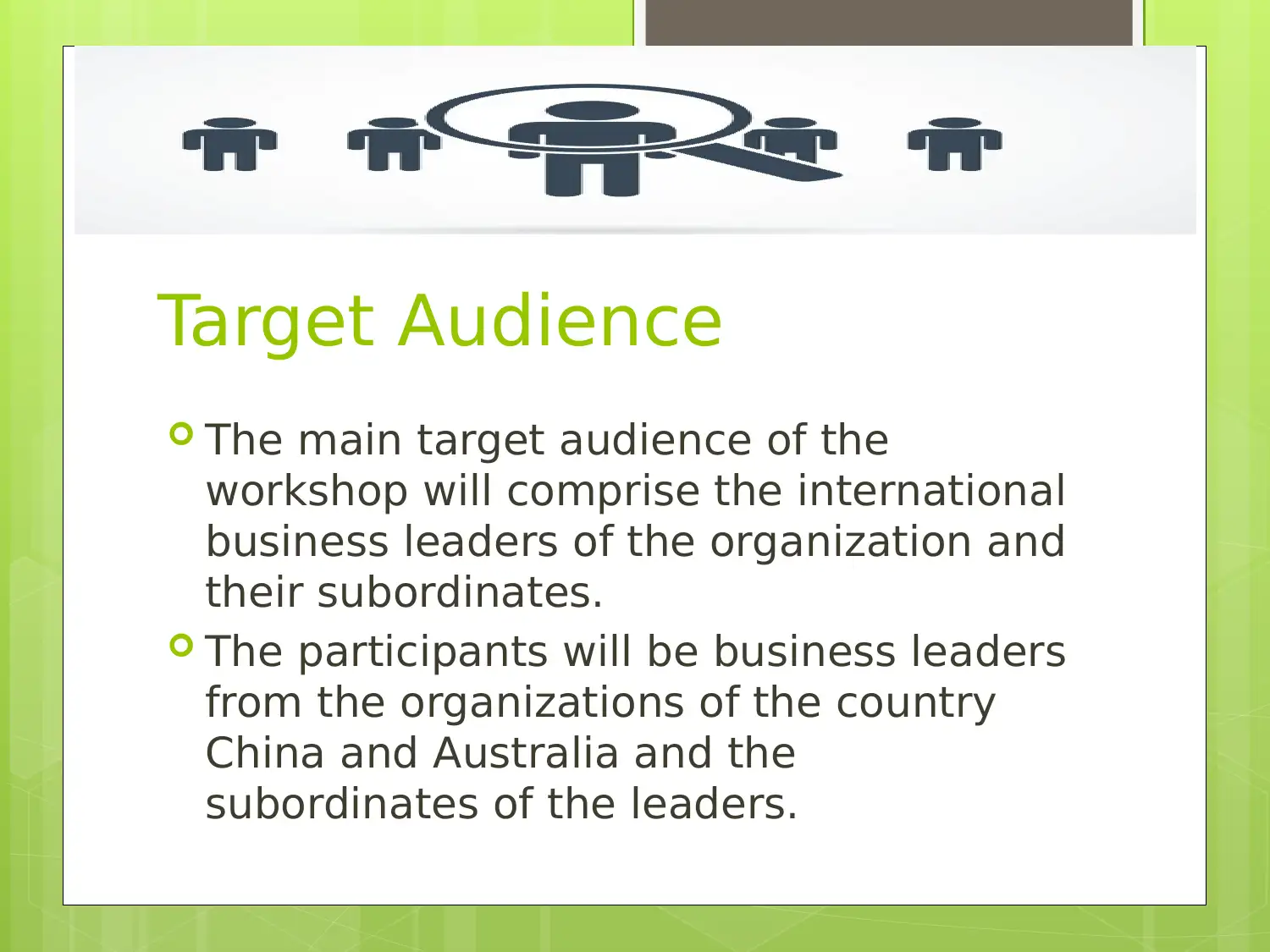
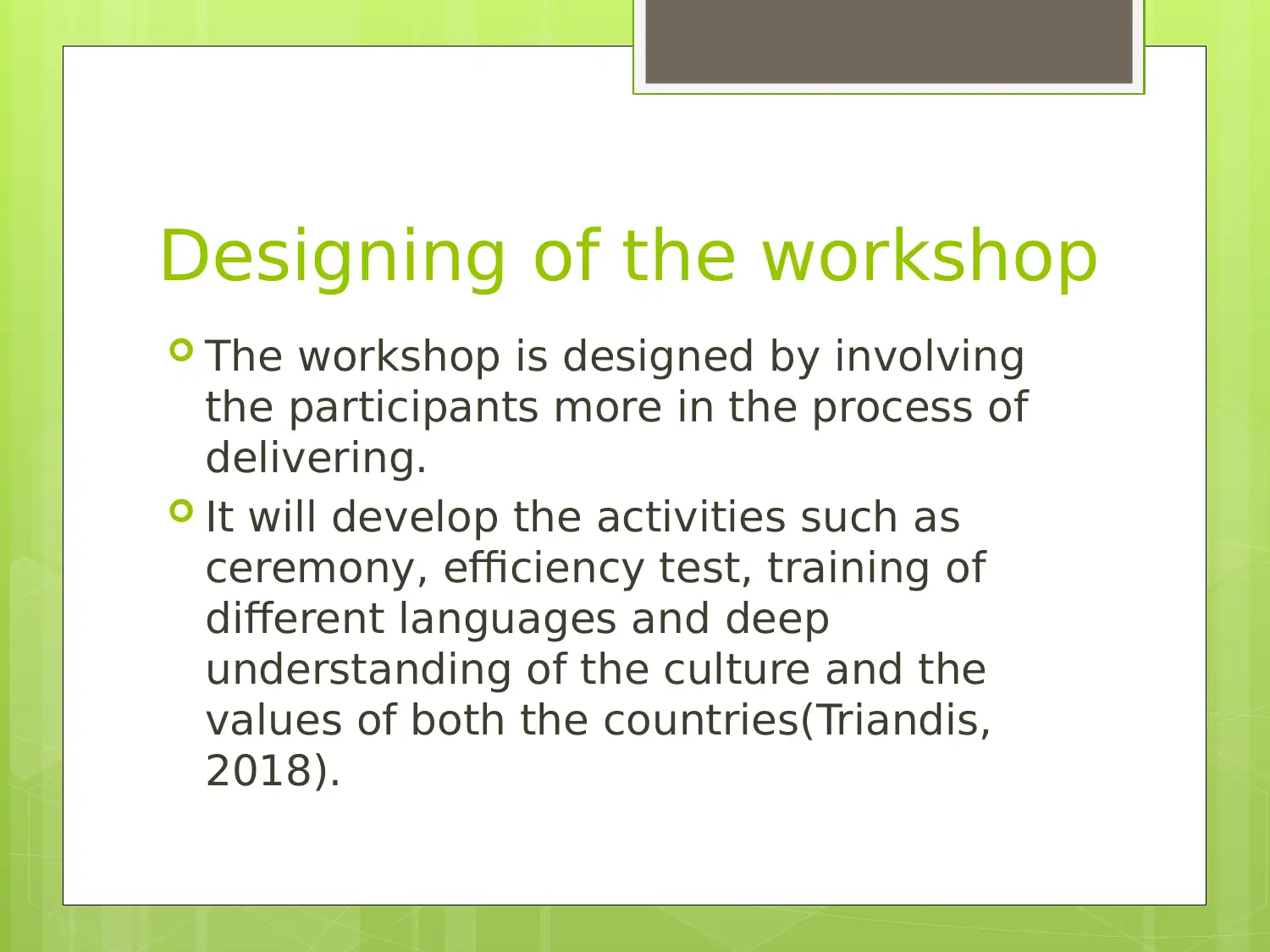






![[object Object]](/_next/static/media/star-bottom.7253800d.svg)